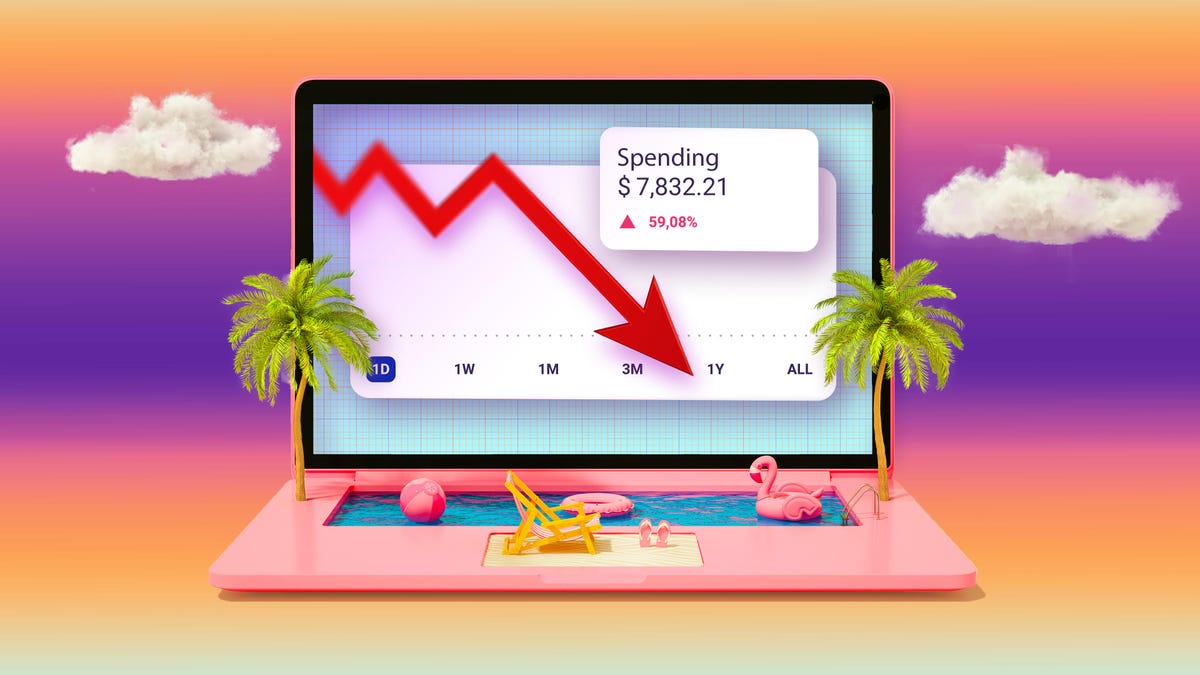The holiday season can be financially challenging, especially when carrying debt from previous years, but with a budget and strategic planning, experts say it’s possible to create meaningful celebrations without exacerbating financial strain.
Here are some strategic holiday financial management for debt-conscious consumers.
Find Out: 5 Unnecessary Bills You Should Stop Paying in 2024
Read More: 6 Things the Middle Class Should Sell To Build Their Savings
Earning passive income doesn’t need to be difficult. You can start this week.
The most critical first step, according to Kevin Shahnazari, founder and CEO of FinlyWealth, is creating a precise, zero-based holiday budget that accounts for every potential expense.
“Start with a transparent conversation with family and friends about financial limitations. Establishing clear expectations prevents unnecessary spending and emotional stress,” he said. “Many individuals feel pressured to maintain previous years’ gift-giving standards, which can lead to additional debt.”
Check Out: 3 Signs You’ve ‘Made It’ Financially, According to Financial Influencer Genesis Hinckley
Instead, he advised implementing creative alternatives like group gift exchanges, setting strict spending limits or focusing on meaningful experiences rather than expensive presents.
“A $20 thoughtful gift or a shared experience can often create more lasting memories than an expensive item purchased under financial duress,” Shahnazari added.
For individuals still paying off previous holiday debt, Shahnazari recommended exploring temporary income acceleration strategies.
This might include:
-
Picking up seasonal part-time work
-
Selling unused items through online marketplaces
-
Offering freelance services in your professional skill set
“Create a dedicated ‘holiday fund’ separate from your primary accounts,” he said.
By classifying these funds, he explained you create a psychological and financial barrier against overspending.
“Even setting aside $10 to $20 weekly can generate a meaningful holiday budget without additional debt,” Shahnazari added.
If you’re carrying existing holiday debt, Shahnazari said to prioritize high-interest credit card balances before introducing new expenses.
“Consider balance transfer options or negotiating with current credit card companies for lower interest rates,” he said. “Some credit providers offer temporary hardship programs that can provide short-term relief.”




